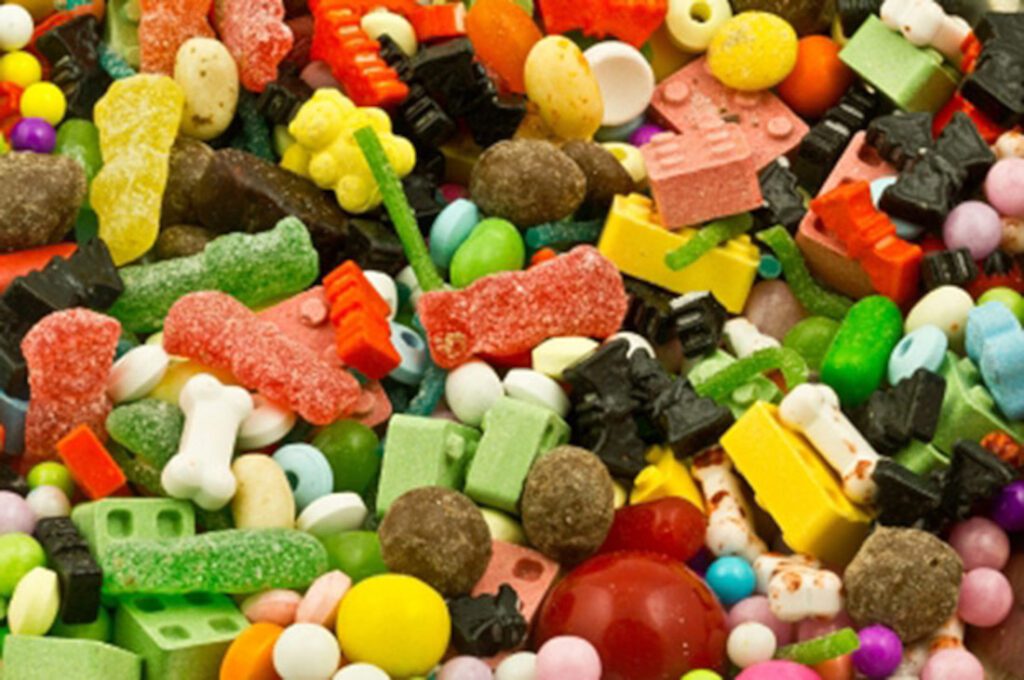This is a revisited post from several years ago that explores some interesting research on childhood behavior.
Back in 2018, Dr. Moore and his team suggested there might be a link between rewarding children for good behavior and potential issues with patience and self-control later in life, possibly leading to impulsivity in adulthood.
What do you think? Has this research aged well? Have your experiences or perspectives on this topic changed since 2018? While this was a fascinating study, it’s important to remember that it needs further investigation by other researchers and professional bodies before being widely accepted. It’s possible that more research has been conducted since this post was originally published.
The Role of Reward-Based Behavior
Dr. Moore and his team of researchers from Cardiff University have conducted a groundbreaking study(Podcast Interview), suggesting a link between childhood confectionery consumption (2nd January 2018) and adult violence.
While they do not blame additives in confectionery for this connection, they believe that the regular practice of rewarding children with sweets and chocolate may hinder their ability to learn patience and self-control, leading to more impulsive and delinquent behavior.
The study, which examined 17,500 individuals, sheds light on the long-term effects of childhood eating habits on adult behavior, particularly regarding aggression. Researchers in their publication in the British Journal of Psychiatry, emphasize that giving children frequent treats could prevent them from understanding the concept of deferred gratification, making them more prone to impulsivity, and ultimately, criminal behavior.
Learning From Us By Example
Dr. Moore’s team (Podcast interview) found that children who regularly consumed excessive amounts of confectionery at the age of 10 were more likely to be convicted of violent acts by the time they reached 34.

This correlation indicates that rewarding good behavior with sweets and chocolate may inadvertently teach children that being mischievous at the right moments will lead to rewards for continued good behavior.
If you are aware of situations when the child asks for something you do not think suitable tell them why you do not want them to have it. Saying something like “because I said so” will only make the child more demanding. Tell them your reason and stick to it.
The researchers propose that this learned behavior persists into adulthood, where individuals lacking patience and consideration are more prone to aggressive actions. In such cases, aggression may manifest without any immediate reward, simply due to the frustration of not getting what they want.
It’s important to note that this pattern of reward-based behavior may extend beyond just sweets and chocolate. Other rewards, such as withholding a desired game console or other privileges, may also play a role in similarly shaping behavior.
Thinking About the Result Of The Research
In conclusion, the study by Dr. Moore and his team highlights the potential consequences of using frequent confectionery-based rewards for children’s good behavior. While the findings do not directly attribute additives in confectionery to violent tendencies, they suggest that instilling the value of patience and self-control during childhood may have positive implications for reducing aggression in adulthood.
As a society, it’s essential to be mindful of the methods we employ to reinforce good behavior in children and should consider the potential long-term impacts on their emotional development and adult behavior. However, there needs to be more research by other professional bodies.
Note:
So this research would suggest it is not a good idea to bribe your child/children with sweets and chocolate to create good behavior because it may lead to unbalanced behavior in adulthood, Do not forget about including other things like games, etc. or am I reading too much into the written word. Take care (Shahd 2018).